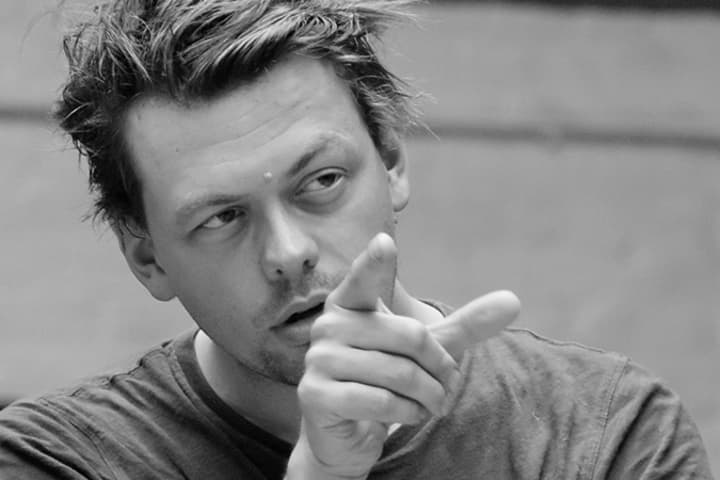Memorising equations is boring. Learning the digits of pi is trivial. Calculating compound interest sends me to Snoozeville. There, I said it. No doubt you’re scratching your head right now – that’s not how you’d expect a mathematician to begin an opinion piece about her beloved discipline. You’re probably also nodding your head in agreement. Maybe you’re feeling validated because someone from the maths world has finally admitted it. Maybe you’ve even jumped on the couch, fist pumping the air, outraged that you were made to study this subject at school. I’m going to have to ask you to sit back down because you’re going to want to hear what I have to say. It’s true that some of the things you learned in maths class are not exciting, but I’d like to show you why what you know as maths isn’t, in fact, maths at all.
To do that, first I’d like to explain a couple of things about myself that may shed light on why I was drawn to the discipline in the first place. I was an exuberant kid. My report cards often read ‘Lily is a good student but needs to stop chatting and concentrate more’. Growing up I spent a lot of time with two of my cousins. We’d spend nearly every afternoon playing games where we’d pretend to be either explorers or investigators. We’d run through the manicured plants of the small front gardens of our townhouses (our families lived in the same complex) where we’d identify previously undiscovered bugs’ through ‘uncharted territories’. We’d launch investigations into events such as ‘who vandalised the local fence?’ – holding all neighbours suspect. Like most kids, we were curious about the world around us, trying to make sense of it. Mathematicians are individuals who never lost that sense of wonderment and found a way to make a living from it.
Mathematics was born out of a need to make sense of our environments. In prehistoric times, for example, the need for counting must have been a great incentive to track regular occurrences like moon cycles or seasons. As civilisation developed and governments were born, the need arose for a more advanced counting system. As societies became even more sophisticated, so too did our understanding of mathematics.
What was once grounded in the physical world and born out of necessity later developed into the theoretical and esoteric. In some cases the development of the theoretical then informed our understanding of our physical reality. This was the case with imaginary numbers, which once made mathematicians very uneasy. Throughout history a number of different mathematicians controversially attempted to understand the consequence of taking the square root of a negative number. Today we know that there’s nothing imaginary about the application of these numbers in fields like electric circuits and many others.
The most jaw dropping part is that, unlike the subjective reality that exists in your own mind that’s based on your own model of experiences, mathematical theories and proofs are immutable and permanent. Mathematics is our golden key to unlocking many secrets of the universe. Our minds are wired in such a way that we can’t get our head around things like dimensions greater than three, curved space, or even black holes. Mathematics takes us behind the curtains to reveal the answers to some of life’s big questions. There were many things in maths class at school that were less than exciting but in many ways numbers and equations are to maths what letters and words are to playwriting. The beauty behind both lies in the ideas conveyed. Of course you have to learn to crawl before you walk, but what awaits once you can grasp the A-B-Cs of maths is a wonderful expression of human ingenuity.
 Lily Serna is a mathematician with a passion for education, and Science, Technology, Engineering and Mathematics (STEM) Advocacy. She has sat on the Board of the Australian Mathematical Sciences Institute for four years and in 2012 was appointed Numeracy Ambassador for National Literacy and Numeracy Week. Lily is best known as the resident Numbers Expert on SBS’s Letters and Numbers and has published a maths puzzle book called Lily’s Number Puzzles.
Lily Serna is a mathematician with a passion for education, and Science, Technology, Engineering and Mathematics (STEM) Advocacy. She has sat on the Board of the Australian Mathematical Sciences Institute for four years and in 2012 was appointed Numeracy Ambassador for National Literacy and Numeracy Week. Lily is best known as the resident Numbers Expert on SBS’s Letters and Numbers and has published a maths puzzle book called Lily’s Number Puzzles.
This feature also appears in the production programme, which can be downloaded for free here.
The National Theatre production of The Curious Incident of the Dog in the Night-Time plays at Arts Centre Melbourne until 25 February 2018.
Published on 8 January 2018





